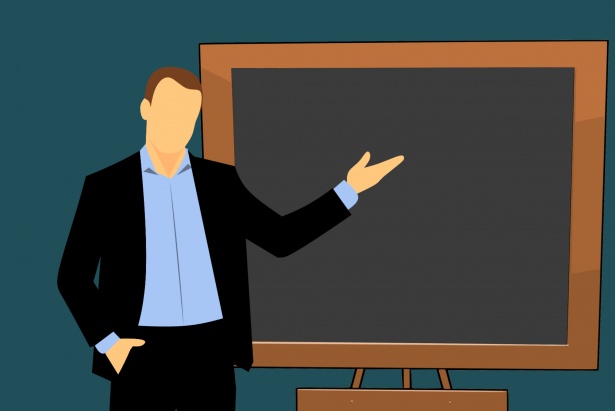New Grading Policies
October 14, 2021
Recently, C.H.S. has implemented new policies in order to help students deal with heavy workloads, stress, and overall difficulties maintaining good grades in such tumultuous times. Although this policy was influenced by recent events, in theory these new policies are permanent.Although the policies are theoretically in action, many students don’t know about these new rules, and this is not unintentional. Some teachers are withholding this information or just refusing to abide by it. The C.H.S. The student body needs to know that these are standards teachers MUST abide by. Or else there is an issue of inequity to be dealt with.
These policies should be made clear to all students. All zeros in the gradebook will be replaced with fifties. There will be no penalties for late work until the end of the quarter. All assessments can be retaken, the grade you make on the reassessment will replace the original grade, and there is no limit to how high you can score. There will be no mid-term exams, or final exams. All work should be graded and returned to students in a timely manner with meaningful feedback. These standards apply to every class, and every teacher.
To many these developments are not only beneficial, but seen as on the right-side of what direction education is moving in. The last two years have highlighted problems with education that have been present for a very long time. Many educators believe that institutions like standardized testing will become obsolete in the near future. As students, we can understand the frustrating nature of our education system putting so much weight on grades and testing,for when for many, it doesn’t accurately measure intelligence. Black Knights can carry a certain amount of pride with the knowledge that our school is progressing to policies that put more value on our success.
The second thing to be considered when contemplating the origins of these policies, are issues with equity. Charlottesville High School has many. As a school we value ourselves on our diversity, with a variety of cultures, languages, races , and socio-economic backgrounds present, but year and year again the statistics show the minorities falling behind. This is due to many factors and many ingrained systems that track students on a certain path at a very young age, sometimes inequitably.
In an interview with Dr. I, he said, “What we’re trying to do is make grading more equitable, or more representative of what students are learning […] the old style was… a lot of it was grading behavior. […] We wanted to make sure we were following best practices nation-wide on what is important about grading, and for us it’s are the assessments able to say yes you learned it, or no you didn’t, and then being able to go back and reassess major assignments is key as well. At the end of the day it’s not a sprint it’s a long term race for the end of the year, we wanna know that you have mastered everything.”
The real thought behind these policies relates to the cruciality of ensuring students graduate. You can do amazing things in this world after failing a math class, but it’s pretty hard to get places without a GED. In this sense our administration is moving the importance away from things that commonly hold students back from obtaining a High School degree. For instance, when a student gets zeros on assignments, it can become nearly impossible for them to ever bring their grade up to a passing grade, but with fifties it no longer is “too late” for any student. This is the essence of the new grading policies, all students should have opportunities to do better.
So, what is the issue? To begin, it is a common feeling among students that C.H.S. could do a better job directly communicating with students. There has not been an official announcement for these changes, so some students don’t even know the opportunities they now have. Another issue pertains to teachers. Many teachers do not like these policies, so have created subtle techniques to avoid them. Simply withholding information from students is one of these techniques. However, some teachers have overtly created barriers that make these new policies have an effect very different from the original intention they served. For instance, some teachers have been said to make retakes substantially more difficult than the original, causing students to actually do worse on the retake. In some situations teachers have also just outright disobeyed the policies, and continue to take points for late work, and enter zeros into the gradebook. These instances create disparity. If a policy is introduced it should be enforced equitably, or else it detracts from its intended goal.
When a student encounters a manipulation of policies, especially from a person in a position of power, it is crucial that they are aware of these policies, so they can register this as a violation of guidelines. When students aren’t informed on the guidelines in the first place they don’t even have that opportunity. Some students may encounter this same situation, and discern the issue, but then don’t know what steps to take next. For many, we see teachers and administrators as the absolute law, but as in any system of governance, there are rules they must follow. If they are failing to do this, every student has the right to hold them accountable. The Principal of C.H.S., urges a student in this position to follow this, “I’d say with any situation if you as a student have met with that teacher and you feel you haven’t resolved the issue, your next step would be to talk to the assistant principal, and we will try and find a solution.”




